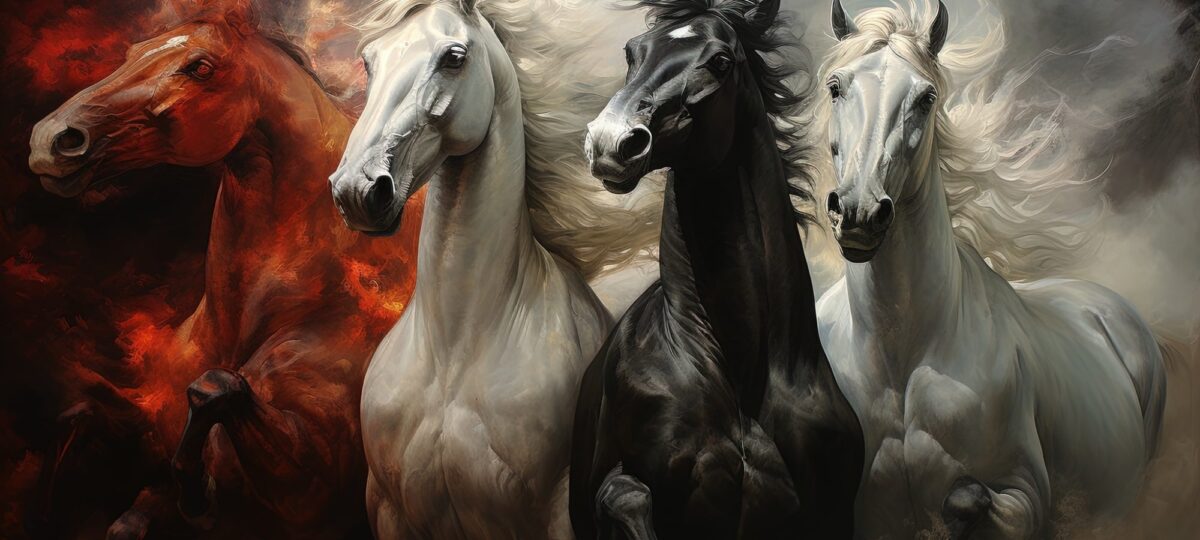Guest Post by Simon Elmer

The technologies at the heart of the Fourth Industrial Revolution are connected in many ways — in the way they extend digital capabilities; in the way they scale, emerge and embed themselves in our lives; in their combinatorial power; and in their potential to concentrate privilege and challenge existing governance systems.’
Klaus Schwab, Shaping the Future of the Fourth Industrial Revolution, 2018
The Wikipedia entry for the Great Reset, the first part of which is quoted in a blue panel as a corrective to any mention or discussion of this term on YouTube, reads as follows:
The Great Reset Initiative is an economic recovery plan drawn up by the World Economic Forum (WEF) in response to the COVID-19 pandemic. The project was launched in June 2020, with a video featuring the then Prince of Wales Charles released to mark its launch. The initiative’s stated aim is to facilitate rebuilding from the global COVID-19 crisis in a way that prioritizes sustainable development.
Continue reading “The Great Reset Part 1: The Four Horsemen of the Apocalypse”




